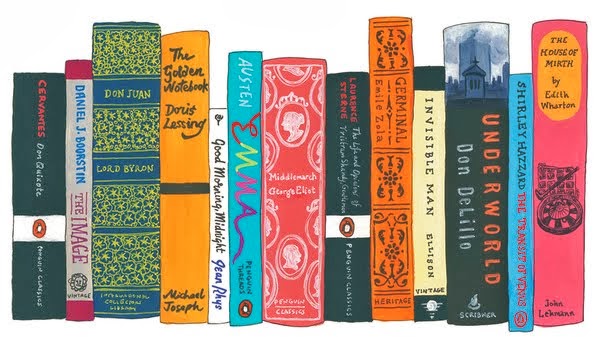
Here goes another history like "Guns, Germs and Steel." The premise is that all the Europeans who we've been taught discovered the routes to Africa, the Americas, Australia, Antarctica and the North Pole were not the first to do so. A giant fleet of hundreds of ships sent by the emperor of China in 1421 to map all the unknown worlds accomplished all those feats, sometimes as much as 300 or more years before Europeans followed in their wake. In addition, although the Europeans were brave men who accomplished their voyages at great risk, it was not without prior knowledge. Prince Henry the Navigator had maps made in the 1420's and beyond based on Chinese maps that accurately showed Africa, the Americas, Australia, Antarctica and the far east. Columbus, Magellan, and the other Portuguese and Spanish explorers mention in their ship's logs and diaries that the places they encountered were where they were supposed to be according to those maps. Columbus's reporting errors back to the Spanish of having found China make sense when viewed in context. He had lied to the Spanish royalty that a quicker route to China could be accomplished going west while the Portuguese were going to China around Africa. If the Spanish, who did not know about the maps (but Columbus did) had thought the Portuguese would get there first, the Spanish would not have funded Columbus's journey.
In addition to already knowing the route based on Chinese maps, all of the explorers mentioned encountering Chinese or Chinese goods in all those places. It appears that as Chinese ships wrecked in these various places, crews were left in place to set up colonies until future fleets could return to relieve them. DNA from tribes in the Americas, including the Sioux, the Navajo, some in the northeast U.S., plus Central and South America show Chinese ancestry. Even peoples who come from far northern Norway have the southeastern Chinese DNA. Tribes in Peru and on the North American west coast spoke and dressed as Chinese when first encountered by Spanish explorers and priests. The evidence of first contact by the Chinese prior to European exploration is massive, with over 1000 articles and books worldwide written over many decades on different aspects of the subject.
So how come we never heard about this in school. It turns out that when the fleet returned to China, rather than receiving a hero's welcome, they found that the old emperor was dying and the new emperors thereafter wanted nothing further to do with foreign trade and travel. That deep ocean travel and trade had been going on for at least 800 years up to that point. They ordered all maps and writings about the global trek to be destroyed. The deep water ships then in existence were to be destroyed or left to rot and the extensive trading system in the Pacific and Indian Oceans to be all but ended. However, sailors and merchants from other countries, including at least one European had sailed with the fleet for large segments of the journey and recorded their experiences. At least one of the Europeans made his way back to the map making center of Europe and is the probable source for the information on the maps used by Prince Henry.
The same strengths and weaknesses of "Guns, Germs, and Steel" are present in this book. The way that the story is pieced together is interesting and well done. However, the use of the personal pronoun "I" appears with too much frequency. A good rule of thumb in business writing is to never use any personal pronouns; once every 50 to 100 pages is about right in any other literary form other than fiction. The author's self reference is defensible because he takes on such a major paradigm shift in how historic oceanic exploration is currently taught that a little self-defensive rhetoric is understandable. However, it increases near the end of the book and makes the argument more strident than necessary. If you don't become too wrapped up in the names of the Chinese emperors and admirals and in geometric discussions of solving for latitude and longitude, the story flows well. It's a good read and the author makes his case. Once again "history as it's taught in school is bunk."
 Thought a change of pace was due in the posts. Sort of like Becky's "Valley of the Dolls" without the drugs. The story concerns an Italian refugee living in Paris just before WWII and writing for Reuters. He's also the new editor of an underground Italian newspaper critical of the fascists. The old editor got shot in a staged double murder and the paper's remaining workers deal with the Italian secret police operating in Paris who are trying to take them out and close the paper. There's also a couple of love interests that pop up with complications.
Thought a change of pace was due in the posts. Sort of like Becky's "Valley of the Dolls" without the drugs. The story concerns an Italian refugee living in Paris just before WWII and writing for Reuters. He's also the new editor of an underground Italian newspaper critical of the fascists. The old editor got shot in a staged double murder and the paper's remaining workers deal with the Italian secret police operating in Paris who are trying to take them out and close the paper. There's also a couple of love interests that pop up with complications. 


